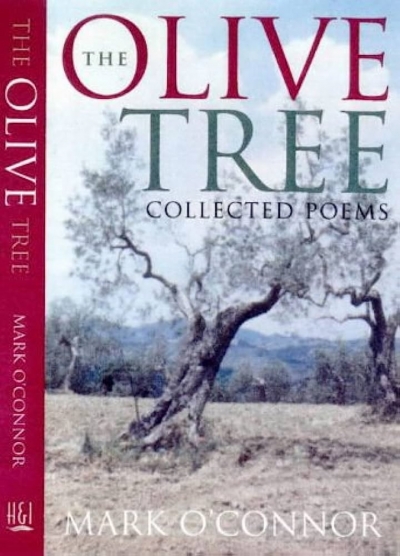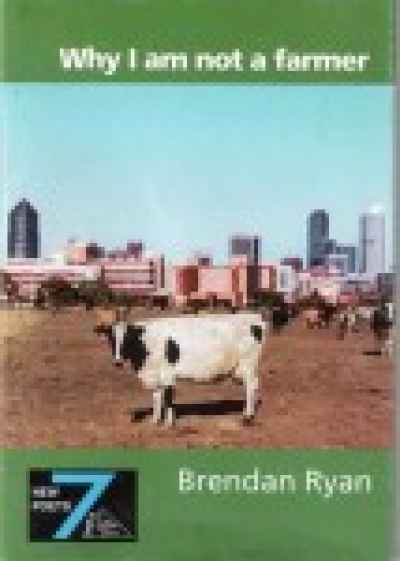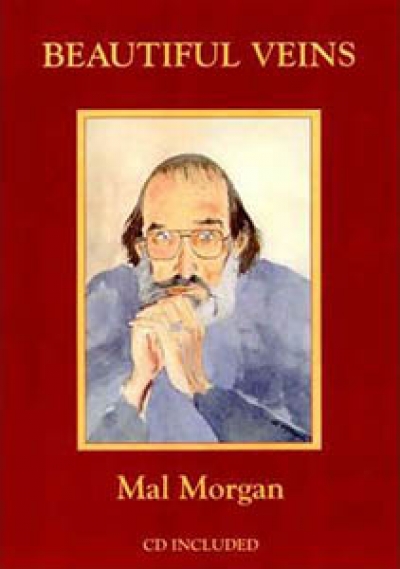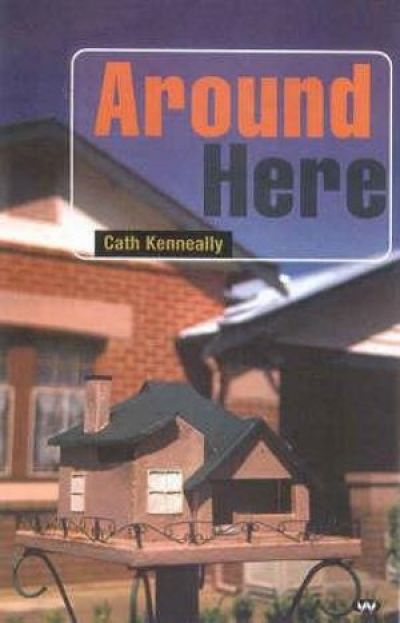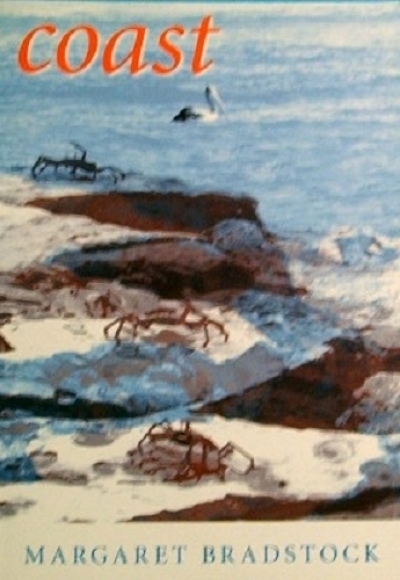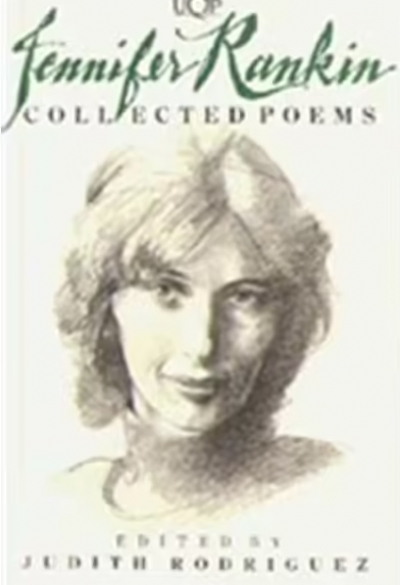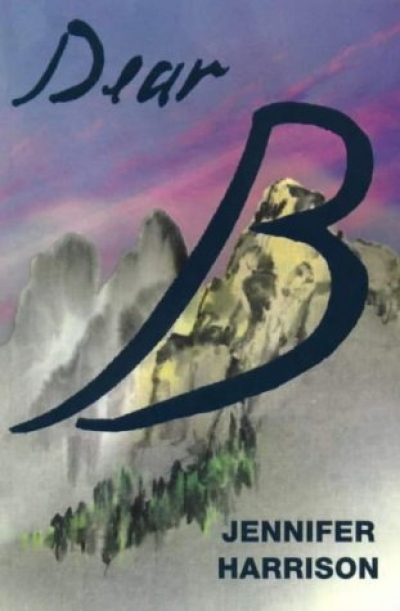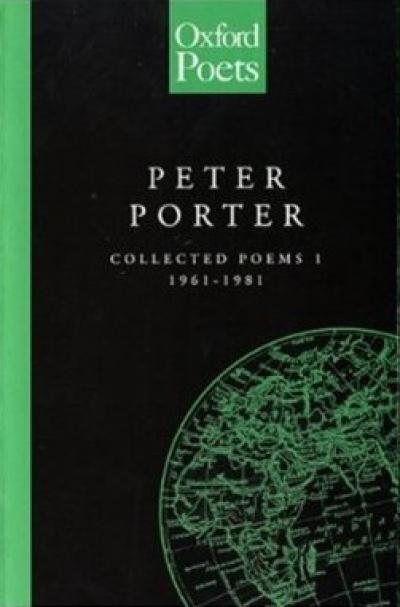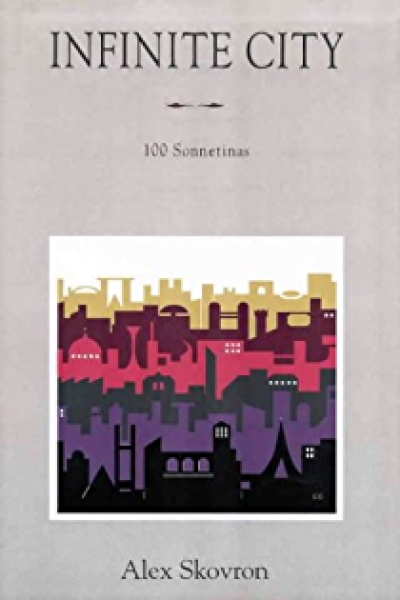While less is usually more with poetry, there’s no denying the power and even magnificence of longer pieces produced in Australia in recent years by Les Murray, Luke Davies, Geoff Page, Dorothy Porter and others. Susan Hampton’s ‘The Kindly Ones’ belongs firmly on this A-list. The title-piece comprises the second half of the book, but the shorter poems that precede it, while standing separately, can be seen as a kind of preface in their concerns. The ‘Kindly Ones’ are the three Furies – Tisiphone, Magaera and Alecto – on holiday from vengeance in contemporary Australia. Tisiphone’s narration is incisive, pacy and always underscored by irony. It is this balance of sentiment and the ironic eye that is a masterful achievement in this and various of the shorter poems. Hampton’s constant juxtaposition of the deeply disturbing and the ordinary also results in irony that ranges from the charming to the razor-edged. Much of this is achieved by her excellent control of voice. Her finely tuned ear for the vernacular sits comfortably next to layers of classical erudition, and exposition on the nature of tragedy – ancient versus modern. Hampton matches her free verse form to content quite effortlessly and Tisiphone is convincing as she seeks her better self. ‘On the Bright Road’, a shorter poem, foreshadows Tisiphone’s quest: ‘The vast erasures of the self / contain somehow in their deep hold / the – I hesitate to call it a god – / the second self, a post-colonial god, / no longer a queen or king but an acting subject / in the realm of subjectivity, where / your best god is met after your worst self.’
...
(read more)

